Dispatch from the field: Surveys and sensemaking in sunny Mombasa
Lauren is currently working as a Gender Fellow at the Centre of Excellence in Women and Child Health East Africa, Aga Khan University.
The challenge: Globally, at least 400 million people lack access to essential health services. Every year, more than five million children die globally before their fifth birthday largely due to preventable or treatable illness, and this risk is twice as high for children born into poverty. Risks are also high for women: the proportion of women who do not survive childbirth is 14 times higher in the developing world than it is in developed countries like Canada.
Moreover, global nutrition statistics indicate that almost half of deaths in children under five are linked to poor nutrition, and 790 million people worldwide do not have the calories they need to reach their full potential. Access to and uptake of health and nutrition services are also often hindered by gender, social, cultural, and financial barriers, which have implications for lifelong well-being and productivity.
Our solution: We harness the longstanding work of the AKDN with communities and village organizations to enable people – particularly those living in geographically remote areas – to optimize their health and well-being and reach their full potential.
Our programs help people make healthy choices and get quality care when an issue arises – even in remote areas. We promote public and community health awareness, teach and train health professionals of all kinds, and improve health facilities, ranging from basic rural clinics to specialized centres for treatment and research on a global scale. We work with communities to encourage positive health and nutrition behaviours, improve access to nutritious crops, and integrate nutrition into health systems. We aim to build efficient, appropriate, and sustainable health systems, and improve the health and nutritional status, especially for vulnerable groups like women and children.
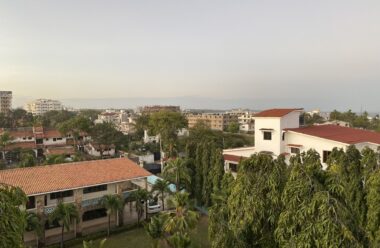
Lauren is currently working as a Gender Fellow at the Centre of Excellence in Women and Child Health East Africa, Aga Khan University.
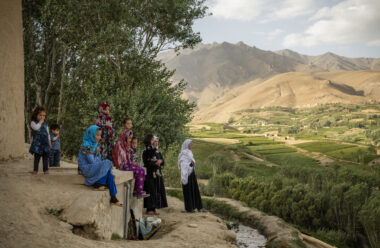
This program aims to improve access to life-saving health, nutrition, water, sanitation, and hygiene services to vulnerable populations across four provinces in Afghanistan.
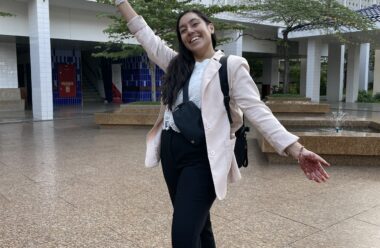
Sophia Kara is currently working as a Health Systems Strengthening and Climate Action Fellow at the Aga Khan Health Services
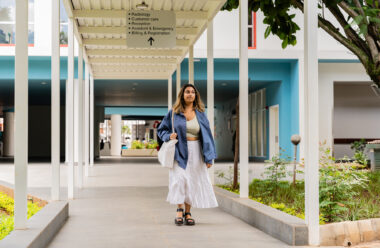
Living in Kisumu, I was exposed to community and love in ways I never anticipated. As a Clinical Support Fellow,

Duration: 2022-2024 Location: Pakistan Reach: 86,980 children; 62,721 women and female youth Budget: $999,104 (GCC: $499,123; AKFC: $499,981) Teeko is
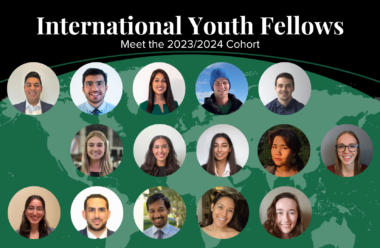
AKFC’s International Youth Fellowship Program is a unique opportunity for young leaders in Canada to bring a global dimension to
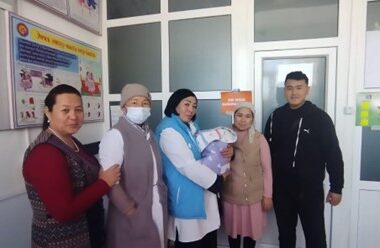
“I think all couples who are expecting a baby should take these classes.” Bektur lives in Kerben, a rural community
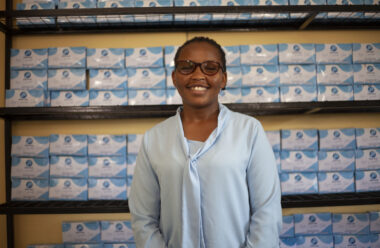
Period poverty – the lack of access to menstrual products, sanitation, and information about menstruation – is a global health
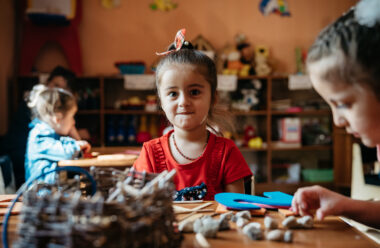
Research shows that 80% of a child’s brain development occurs within their first 1,000 days of life – making this